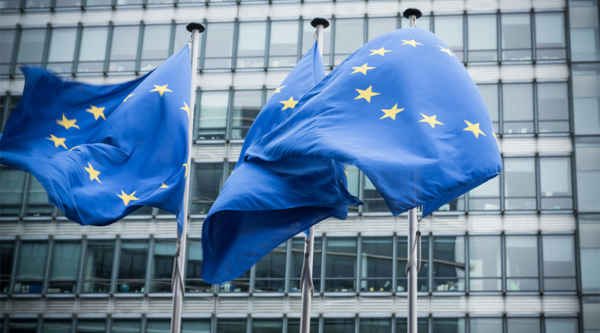

The rationale of the “without prejudice” privilege rule is based on the public policy of encouraging parties in dispute to negotiate freely, without fear that what they say might be subsequently used in court against them if the settlement negotiations fail. Unless both parties agree to waive privilege, the negotiations are private between the parties and generally may not be referred to in court.
Labelling – a common misconception
A common misunderstanding is that in using the words ‘without prejudice’ the parties can say or write what they like in negotiations. In order to benefit from the protection of the without prejudice rule:
- there must be a dispute (to include negotiations before Court proceedings are issued):
- The substance of the without prejudice communication must be concessionary in nature (i.e. made for the purpose of achieving an early settlement). A party may not rely on the rule if they make unsubstantiated threats or claims.
Even where the expression ‘without prejudice’ is not used but the communication clearly contains a concession, a party may still be able to claim privilege. It is all about the substance of the communication rather than the form. The courts generally apply an objective analysis to work out what was the intention of the author, and how it would be understood by a recipient. However, correct labelling is important as the onus is on the party asserting without prejudice privilege to establish that the communication was in fact made without prejudice.
Exceptions to the without prejudice rule
There are a number of situations when in the interests of justice the Court have decided that the without prejudice privilege rule will not apply and the communication will be admissible as evidence in Court proceedings. These include:
- setting aside a settlement agreement on the grounds of fraud, misrepresentation or undue influence;
- perjury, blackmail or other unambiguous impropriety;
- a dispute regarding the terms of a concluded settlement;
- evidence of statements made by one party and relied upon by another (giving rise to an estoppel);
- evidence that a claimant has acted reasonably in mitigating its losses by settlement;
- evidence of justifiable delay; and
- where the parties waive privilege by consent.
‘Without prejudice save as to costs’ offers
Communications between parties can be marked “without prejudice save as to costs”. This means that the normal without prejudice privilege applies until after the Court has handed down the judgment. However, when the issue of costs is addressed at the end of the trial, the document that was protected by without prejudice privilege can be put before the Court to assess the amount of costs to award to the successful party. Settlement offers made on this basis are often useful in exerting pressure on an opponent as there can be costs consequences in refusing to accept reasonable offers to settle.
Practical tips:
- The without prejudice rule can be used to exert pressure on an opponent, but only use it when there is a genuine wish to settle the dispute. If the attempts to settle are unsuccessful, the rule protects your ability to claim the full amount of the claim and offers potential protection against the costs of doing so.
For example, if you make an offer to settle a claim prior to issuing Court proceedings for a lower sum than you are owed, perhaps to avoid the costs of litigation, this would be a valid without prejudice offer. Such an offer will not prejudice your right to claim the full amount if a settlement is not achieved and proceedings are issued.
- Remember that the label ‘without prejudice’ will not provide protection unless you are communicating a genuine settlement offer.
- Do not use the without prejudice label to communicate threats and unwarranted demands. There is always a risk that the correspondence may be seen by the Court at a later date.
- Even if the words ‘without prejudice’ are not shown on your correspondence, remember it is the substance of your communication that will determine whether you can rely on without prejudice privilege, rather than the label.
- Before making a ‘without prejudice’ offer, decide whether or not you may want to refer back to the offer at a later point in the dispute (possibly when the issue of costs is addressed at the end of the trial).
- Always seek legal advice if you have any concern about the wording and effect of any without prejudice communication.










